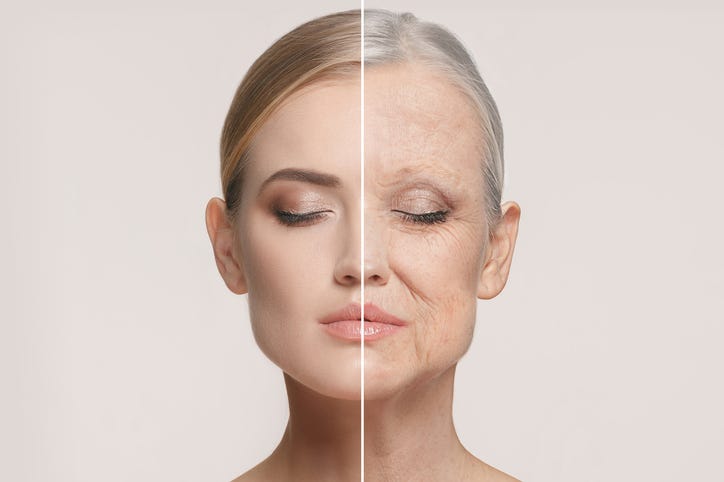
A number of new tests promise to reveal your biological age, whether you have the cells of a 30 or 60 year-old, with a simple swab of your cheek. But are they actually accurate?
The new tests utilize an epigenetic clock – a type of biochemical assessment that analyzes DNA to determine how well the body is aging in contrast to its chronological age.
Biological age is becoming a leading standard to measure overall health and wellness. A higher biological age — regardless of a person's chronological age — can predict an earlier death, according to a UCLA-led study.
Epigenetic clocks calculate the aging of blood and other tissues by tracking methylation, a natural process that chemically alters DNA over time, according to UCLA.
The more methylated DNA in certain locations, the more accelerated a person's biological age, explained Steve Horvath, the scientist who pioneered the aging clock.
"We spent over ten years trying to understand what factors accelerate your epigenetic clock," Horvath told NPR, adding that "pretty much any lifestyle factor that is bad for you," such as smoking and unhealthy eating, accelerates the clock.
There's a plethora of DNA age tests on the market, but experts caution that there's no industry standard for what they measure or how they work -- and that results should be taken with a grain of salt.
While no test can tell you exactly how long you'll live, DNA age tests can provide an estimate for the rate at which you're aging. Knowing your biological age can lead to lifestyle changes that your improve health.
For the age curious, the tests also come with a hefty price tag -- around $400, Fortune reported.
